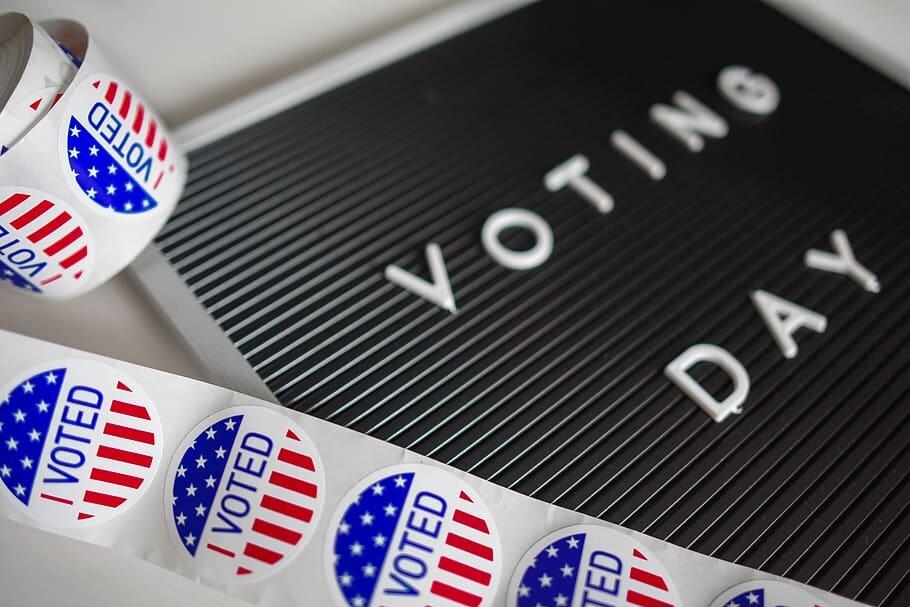In the middle of President Trump’s State of the Union Address, Rush Limbaugh was awarded the nation’s highest civilian award- The Presidential Medal of Freedom. According to The New York Times, the presentation during the address was historically unprecedented, but more salient was the contention and opposition that broke out nearly immediately on social media platforms.
Limbaugh’s radio show boasts more than 25 million listeners monthly, making him a highly prominent voice in American politics. According to Forbes, Limbaugh is known for controversial and inflammatory comments, which have been a staple of his show for many years. He also has supported debunked theories such as the thoroughly debunked birther conspiracy theory which held that Barack Obama was born outside of the U.S. and that his birth certificate was forged. Politifact also notes that of Limbaugh’s claims that the website has fact checked he has a 35% rating of false claims and 23% “pants on fire,” or extremely false. This record of at least 25 statements that were verifiably false is only one point in an ongoing national conversation about misinformation and fake news.
Limbaugh represents the culmination of two major issues: polarized partisanship and misinformation. The presentation of this medal is a critical moment in the deepening crisis of the constantly bemoaned American political ”polarization.” Limbaugh is a peddler of misinformation that encourages partisan divide. An analysis of partisanship by Mark Jamison, Professor of the Public Utility Research Center at the University of Florida, notes that talk radio shows like Limbaugh’s lead large segments of their audiences to become caught in media bubbles. Media bubbles concentrate and drive news to the left or right, trapping audiences in one perspective. This media model contributes to the extreme polarization today. More troubling is that partisanship is already at an all-time high. The Pew Research Center found in 2017 that Americans who express consistently conservative or consistently liberal opinions has doubled and ideological overlap between the two parties has diminished.
This raises the question whether refusing to affirm sources of controversy and falsities like Rush Limbaugh is an effective means for actually quelling misinformation. Alternatively the issue may lie solely in the uncontrollable amount of information overloading the population, as theorized by Baudrillard “[t]he excess of information engenders undecidability of facts and confusion of minds.” However such a conclusion is unlikely to pragmatically absolve Limbaugh of his role in misinformation. Regardless, a presidential medal of freedom is an inappropriate reward, and the public should find the praising of proliferators of untruths deeply disconcerting.










 Spokane?
Spokane?